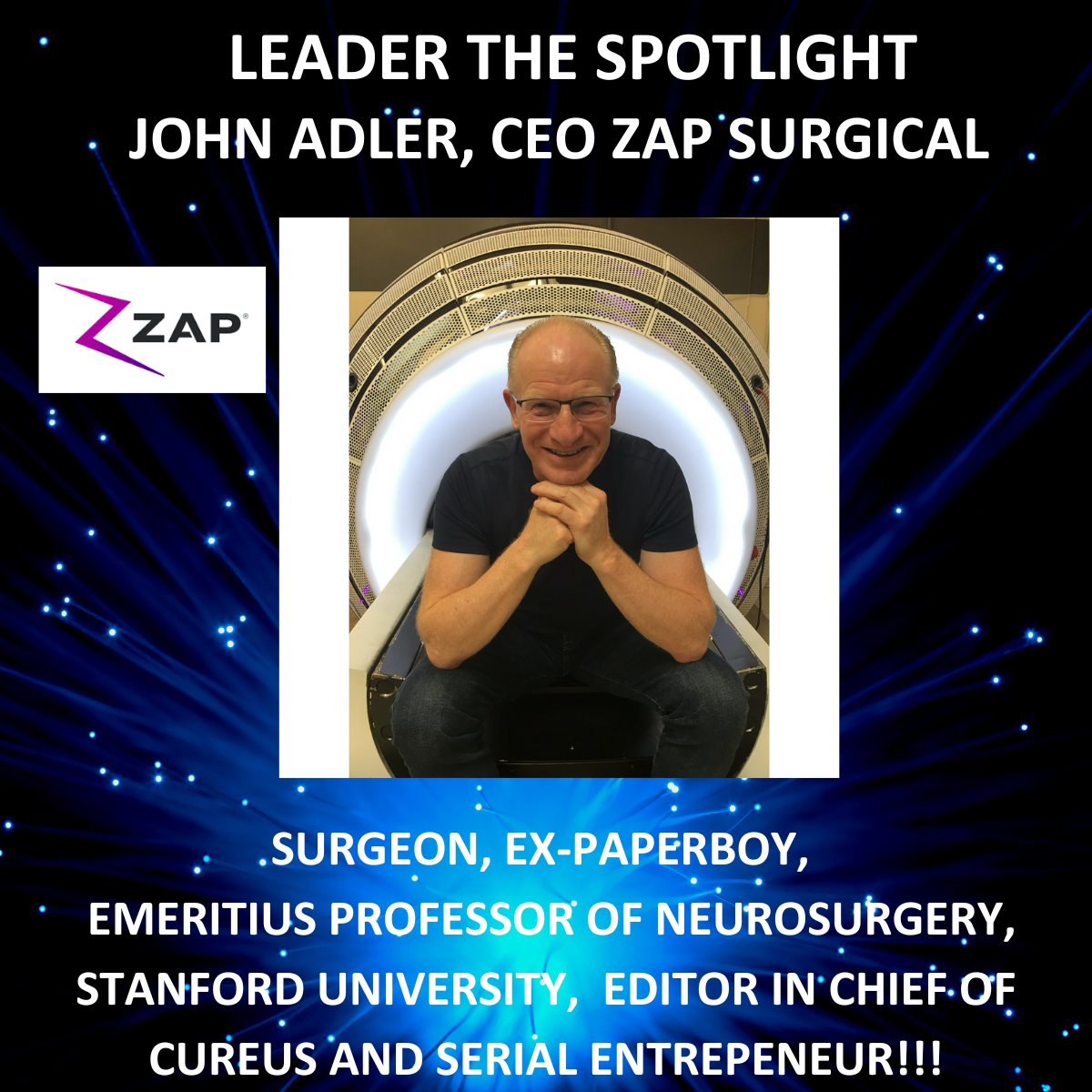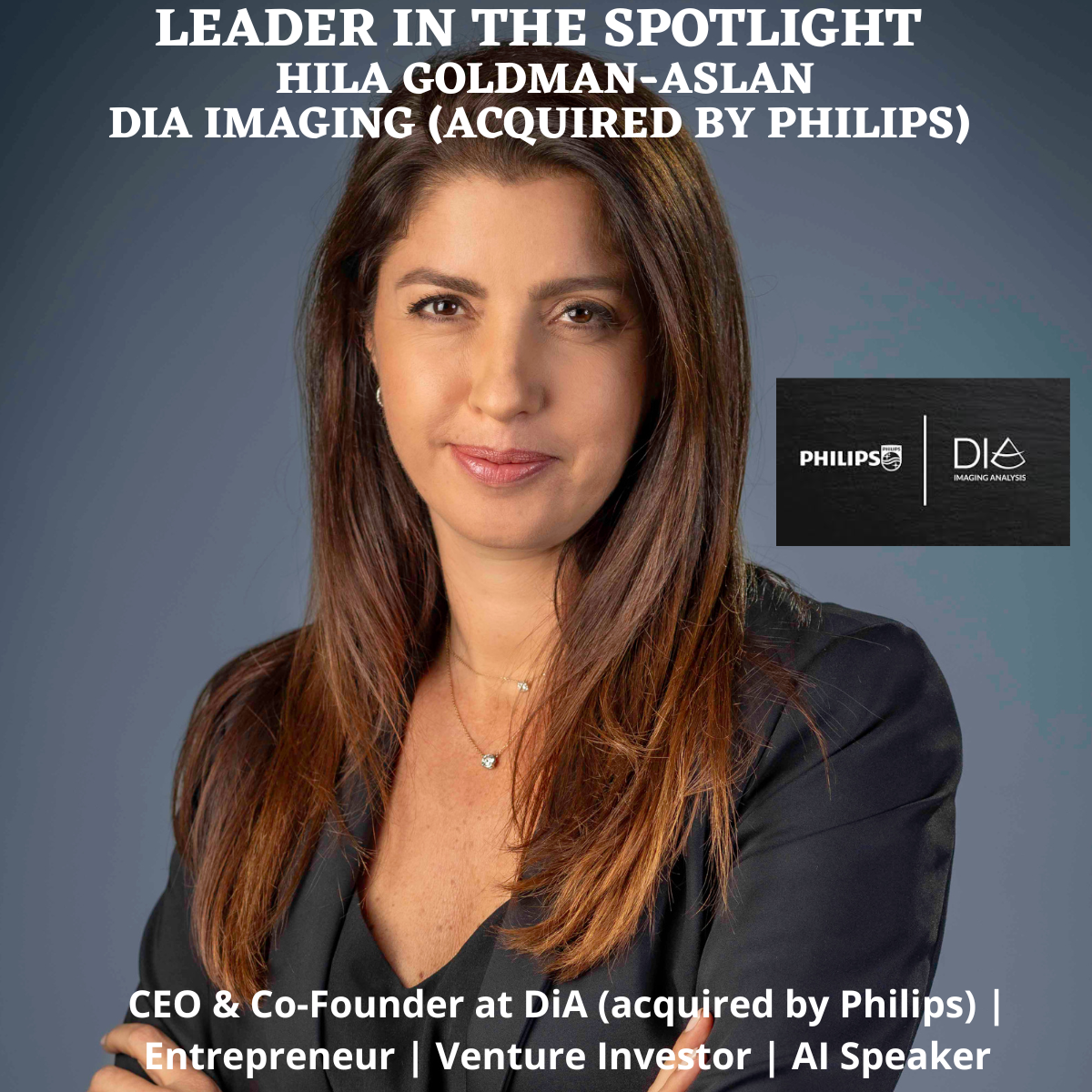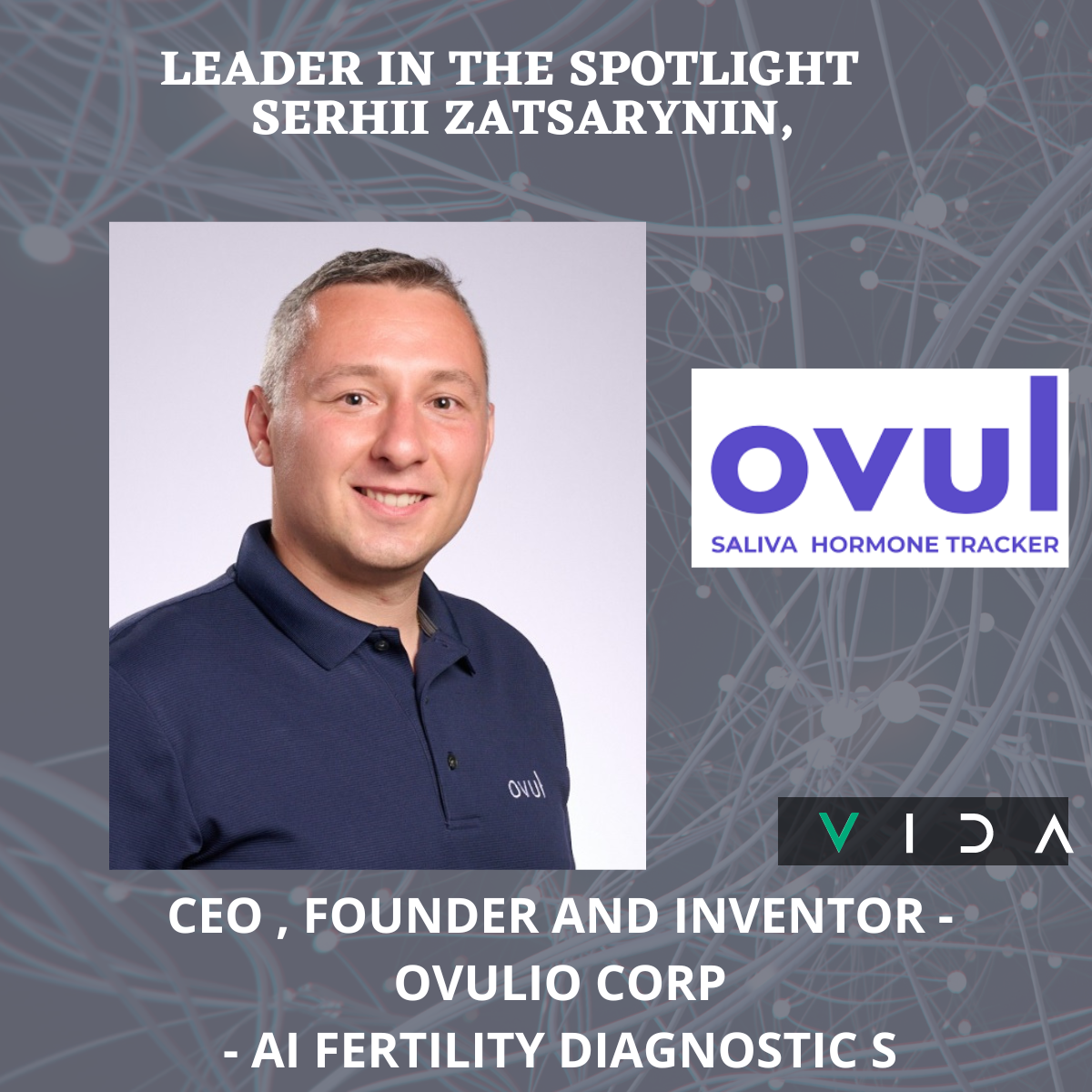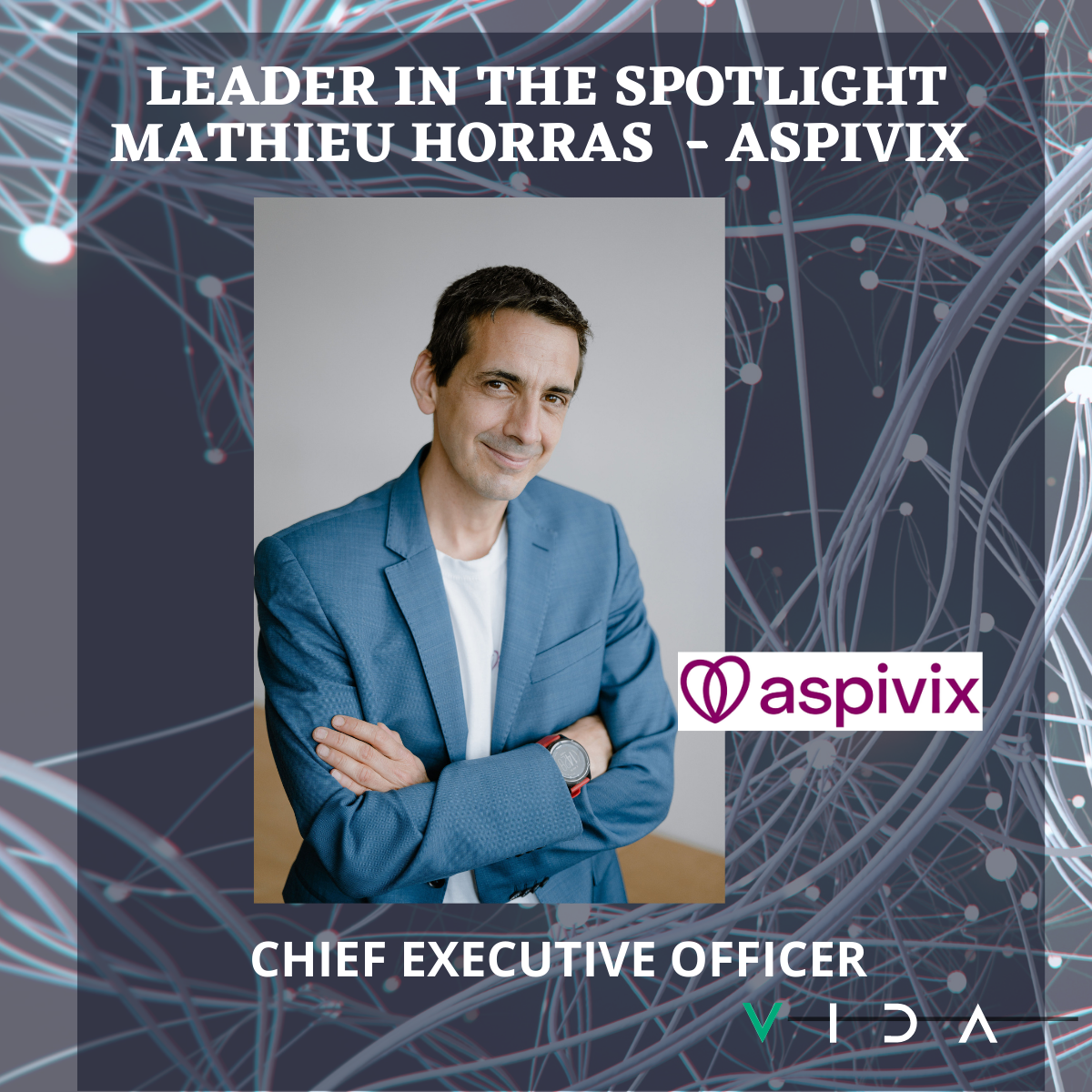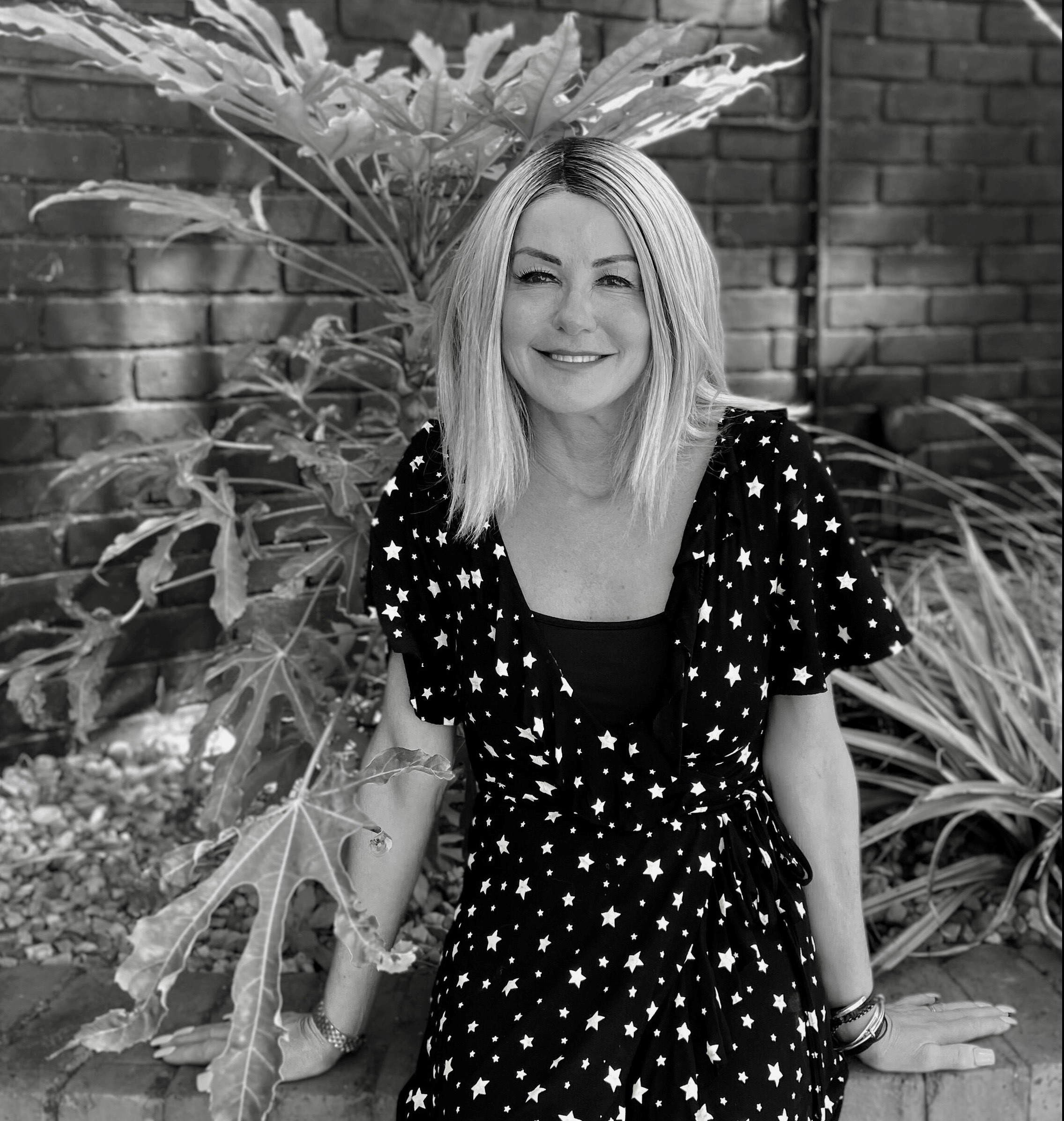
POSTED BY
Liz Moyles
Do you know your “why?” ………. Juliana Elstad does, and you can see hers on her LinkedIn page - https://www.linkedin.com/in/julianaelstad/
I spoke with Juliana one early evening, and it was for me one of the most powerful conversations I have had in a long time. It’s strange because although Juliana’s words just stream out of her mouth as though without thought, without hesitation, because they are so instinctive and true, their impact and insightfulness are incredible. Juliana grew up in what was then The Soviet Union. She and her family witnessed the collapse of this system and they learned to live in a new land of uncertainty, opportunity, and risk. Amidst the chaos that resulted, Juliana was successful in enrolling at the University of International Relations in Russia (the diplomatic college) and gained rare access to a place in a university usually reserved for people with very different backgrounds to her own.
In this post Juliana shares some amazing insights and comments. She also shares her road to Medical Devices, her immense respect for every entrepreneur and start-up who sees a need and has the courage to try and make a change.
Thank you – it was a privilege and an honour I will always remember.
- When I run a mini-interview with anyone, I love to ask this question; Juliana - how did you end up in MedTech – was it a childhood dream?
Not at all. I actually went to the diplomatic university of Russia – The Moscow State Institute of International Relations. The Soviet Union had just collapsed, and everything was in a state of change. I applied and was successful in entering and studying at an institute usually reserved for people from very different walks of life. I loved international aspects and was always attracted to people from different backgrounds and different countries – that was my first calling. I initially joined Arthur Andersen and then McKinsey as all these companies now flocked to Russia full of people from the Western world who were very different from me then.
- So, what changed – how did you end up in MedTech?
As a child I was an only daughter for 7 years and always wanted a sibling. Then my sister came along, and we loved her. She suffered from a chronic condition, which affected her and our whole family. We went from doctor to doctor and witnessed first-hand the anxiety, pain, fear and uncertainty which arose from misdiagnosis, or a lack of diagnosis. The effect was enormous on us all. My mother was an amazing Computer Scientist Engineer. She was highly intelligent and worked on projects and ideas for the future of space and military technology of the USSR. However, ultimately this meant nothing when my sister’s life and health was what matters. My mother became a full-time caregiver and stepped away from this career, never returning. There was no cure for my sister and sadly we lost her several years ago at a young age. She was just 33. For me this is a driver – patients don’t have time. I realize that in this world – somewhere, someone may not have an hour, a day, a week or a month to wait for a new cure. That’s what drives me. We have to try to make a difference now- every day. This is my WHY. When I knew my WHY I joined Medtronic and then other medical devices companies that are patient focused.
- You left big corporates and then moved to a startup -, NDI Medical. What did that change feel like? Were you apprehensive about taking on the role of VP Business Development at this organization?
No, I wasn’t – I held quite broad and impacting roles at Medtronic including business development and Mergers and Acquisitions (M&A), and NDI (now NDI Healthcare Fund) was a start-up organization focused on investing and incubating Medtech. It was not that different: still identifying the right opportunities for medical technologies and developing strategies to bring them to market.
Having worked with both large corporations and startups proves to be quite valuable. I’ve been on both sides of the table: the innovative companies that know how to be extremely efficient and want to be acquired, and large companies who often look to acquire innovation.
- And you’ve never looked back since that move. Your career thereafter has been within the start-up world, as a Board Member, CEO or on representative bodies such as AdvaMed. What do you admire about the people in start-ups?
I admire the vision, the “can do” attitude, the inspiration that leads many to entrepreneurship, the imagination to have the dreams and the courage to pursue them. Everything that is made by humans was first made in someone’s imagination and then by people who had courage to make this imagination a reality.
- How did you transition into becoming a Board Director?
Having a broad range of experiences with different Medtech companies allows me to work with companies and offer them the insight and experience of someone in a Fortune 100 company whilst also having the know-how of start-ups. I help the executive teams translate the vision and strategies into practicality, overcoming obstacles and looking for efficient creative, agile solutions. My experience also helps me understand deeply the needs of the people on the other side. How would an acquirer/ a strategic see this? What is critical and what is a nice to have? What is the best way to position a company or technology?
Several years ago, we sold a company to Boston Scientific while having competitive term sheets from another two strategic players, exceeding shareholders’ expectations. The company had been trying for 2 years to raise money or exit but couldn’t. The management had presented all the great features of the technology but couldn’t get the deal done. When I came onboard, we “translated” the technical features into the market share impact for these strategics, supported by market research and feedback from their own customers. This led to a successful exit.
As a result, I then had other CEOs and Boards reaching out to me asking me to help them develop the right strategy or pitch. I'm also passionate about bringing new technologies to patients. Now boards often look to me to help them inspire management teams and guide them to execute on time and within the budget.
- Please could you share what you did with me about "how health is taken for granted when you are healthy” and “how being healthy is good for the economy?"
“A healthy person has a hundred wishes, but a sick person has only one.” – I believe says an old eastern proverb. If you don't have health, what do you really have?
I also strongly believe that a wealthy population means a healthy population.
We often hear how healthcare systems whether US or UK or others do not have money. But think about it. As a society we spend a lot of money on raising kids, educating them, giving them the right experiences early in their careers. And once they are in their 50s with great experience and wisdom, or 60s or 70s many get sick, pull out of the workforce and stop contributing because of their health issues. How much more would our GDP grow if people chose to stay employed longer, or volunteered their talents or skills to non-profits? Or if working moms or dads did not worry about the mental health or diabetes status of their kids, how more productive would they be? McKinsey did a study a few years ago proving that better health unlocks GDP growth potential. And if COVID taught us anything, isn’t it that poor health has profound economic consequences in addition to health. I wish this would be the mindset of payor systems when it comes to medical technology.
- I know you also have a passion for Women’s Health, and I know you also see Women’s Health’ differently to the commonly accepted definition. Can you share your perspective on this?
Often the topic of women’s health is reduced to breast cancer and pelvic floor diseases, but as a friend of mine, Tracy MacNeal, CEO of another Medtech startup, said: “if your technology treats women, then you are in women’s health.”
Instead of pretending that women are smaller versions of a man, both women and men will benefit from gaining a deeper understanding of differences. Women live longer. Why is that? What can we learn about why this happens? This might give us further insights into longevity.
- I don’t want to overlook your role at Vibrato Medical – tell me about the team, the name – where does it come from, and what is so special about Vibrato’s technology that you felt compelled to become the CEO?
How much time do I have to talk about Vibrato? Because I can spend all day!
Vibrato is a VC-backed clinical-stage medical device company. We use ultrasound as a therapy for non-invasive treatment of Chronic Limb Threatening Ischemia (CLTI), an advanced stage of Peripheral Arterial Disease (PAD) which affects 200 million people worldwide and over 18 million in the US.
Vibrato started with Dr. Nazer, a practicing cardiologist and scientist at the University of Washington, with his idea of using the cutting-edge therapeutic ultrasound research for peripheral vascular application. When I arrived at Vibrato in January 2021, there were no employees and essentially no funding. My initial agreement with the founders was for 6 months only, since it was not clear whether the company would survive beyond that.
To-date Vibrato has raised millions in private and non-dilutive financing, we have an A-team of achievers and innovators, we have presented the results of our first in-human trial at one of the most prestigious vascular conferences, VIVA and even more importantly, we have provided over 1,400 hours of novel therapeutic ultrasound therapy to 50+ PAD patients………….. and counting.
- What, if anything frustrates you – or what opportunities do you think we are missing in Medical Devices / Healthcare?
As entrepreneurs and innovators, we see every challenge as an opportunity, so it’s hard to get frustrated. But I think we could do a better job of getting innovative technologies to patients faster and improve the processes for how we pay/reimburse for innovation, especially since most new technologies are less invasive, requiring less hospital/ OR time, and many are very cost effective.
- Over your career, what have you found inspires you about the people around you?
Patients always inspire me. Their gratitude when you help them with a novel solution. This is what always keeps me going.
I also love diverse teams. Not only does it make business sense as confirmed in multiple studies, but it also makes team lunches and activities a lot of fun. We learn from each other, from different cultures and approaches.
- What advice would you give to someone who's looking to enter this space, whether that's a fresh grad straight out of university, or someone looking to transition their career?
Probably the same advice I was given over 20 years ago when Art Collins, then CEO of Medtronic, spoke to the MBA Class at Wharton. It went along the following lines: “you are all smart; you all will make enough money. However, when you progress in your career and look back, it will be more important to evaluate what you spent your career on and what legacy you are leaving. Choose well.”
I’ll add a couple more points on entrepreneurship to this. Some find entrepreneurship too risky. It’s true if you think about it as ”a risk you could lose your job.” But it’s more important to be employable rather than being employed. Think about what helps you more to develop skills, and you’ll have no problem finding another job if needed. Plus, big stable companies can also have layoffs.
Women especially should consider entrepreneurship. First, sometimes (not always) it helps as it will remove or reduce biases. You are measured by results more. People think about dealing with your company/business rather than dealing with you as an employee. Second, it gives you greater flexibility especially when you have young kids. It does not mean you will work less but you may have more flexibility in your work hours.
- Finally, what do you do to relax or what song gets you on the karaoke machine or the dance floor?
I love nature. Ocean and mountains remind me that they have been here for thousands of years and help put today’s successes or failures into perspective. I also adore the nature’s beauty: it calms me down and puts me in the present, reminding me that there will never be another day like today, making me appreciate what I have and the importance of kindness towards others in personal and business life.
